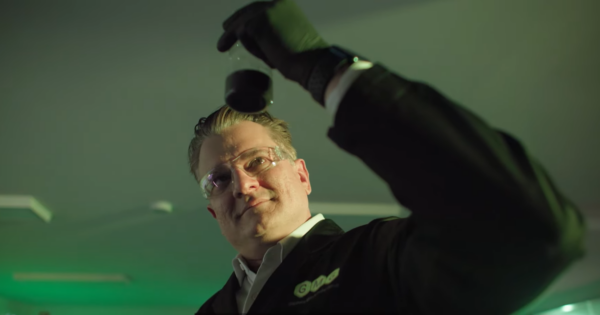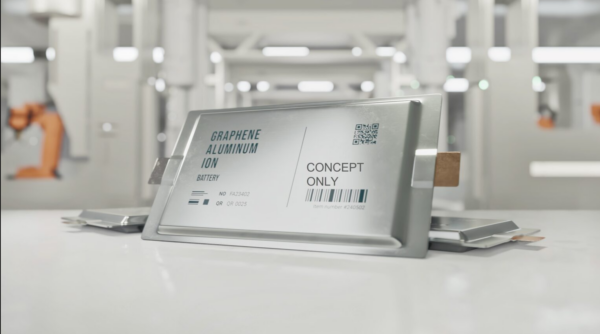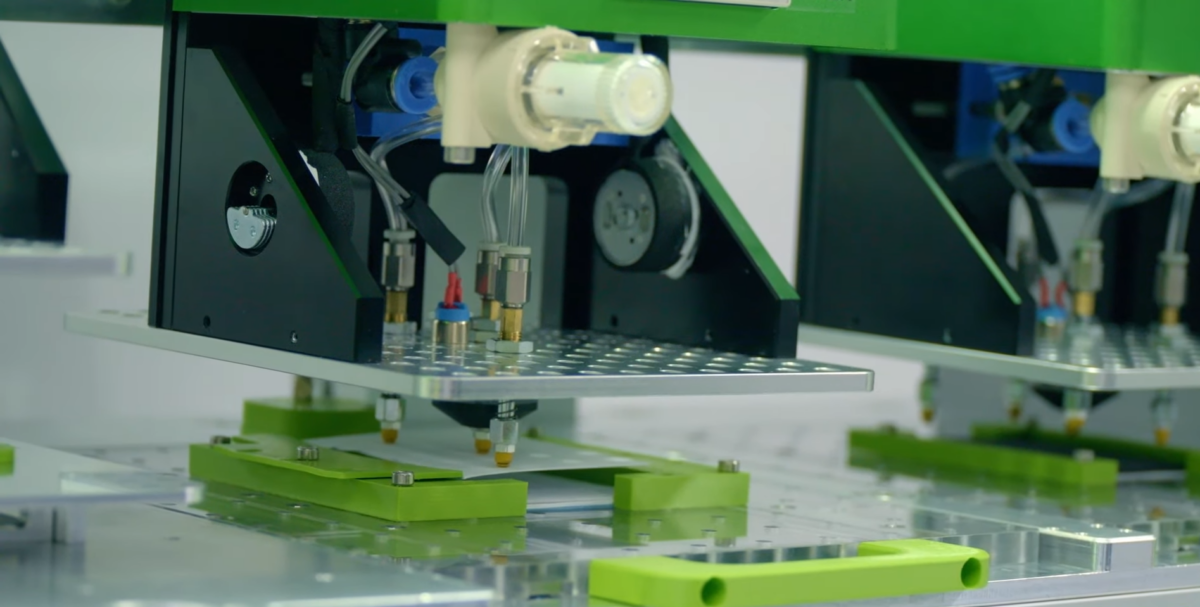Australian clean tech company Graphene Manufacturing Group (GMG) has been granted a conditional $2 million (USD 1.3 million) for the development of an automated battery pilot plant to scale production of their graphene aluminium (GAl) battery.
Funded through a Queensland Critical Minerals and Battery Technology Fund (CMBTF) agreement with the state government, the grant will cover 50% of the capital costs of the pilot plant to be constructed at GMG’s existing manufacturing facility at Richlands in Brisbane’s western suburbs.
GMG’s Chief Executive Officer Craig Nicol said securing the grant was great recognition for the company and its next generation GAl battery, which the company says can charge up to 70 times faster and has three times more battery life than current li-ion alternatives.
“It further shows the progress of the battery’s development, and we are very excited about this next phase of its maturation,” Nicol said.
GMG has developed a production process to decompose methane into its elements, carbon (as graphene), hydrogen and some residual hydrocarbon gases to produce high quality, low cost, scalable, ‘tuneable’ and low/no contaminant graphene suitable for use in clean-technology and other applications.

Image: Graphene Manufacturing Group
The news of the $2 million funding comes just weeks after GMG received regulatory and local council approvals to commence commercial-scale manufacture of its batteries and two years since partnering with University of Queensland (UQ).
In 2023, GMG signed a binding joint development agreement (JDA) with Rio Tinto to accelerate its product development for use in heavy mobile equipment and grid energy storage applications in the mining and mineral industry.
Queensland Deputy Premier Cameron Dick said the $100 million Queensland Critical Minerals and Battery Technology Fund is supporting businesses across the supply chain, including other companies Redflow and Revolver Resources.
“GMG’s innovative use of graphene, in partnership with UQ, is another example of our homegrown ingenuity that we will continue fostering here in Queensland,” he said.
“Their graphene aluminium-ion batteries could prove to be a real gamechanger on the world market and elevate Queensland’s local battery industry to the next level.”

Image: Graphene Manufacturing Group
The CMBTF was established to support Australian business to compete globally by enhancing the extraction and processing of critical minerals in Queensland, accelerate the development of battery technologies and production of precursor or advanced materials in the state.
Queensland’s Battery Industry Strategy has committed $570 million to 2029, to develop a battery production industry in the state, which it anticipates will contribute $1.3 billion to the state’s economy by 2030.
This content is protected by copyright and may not be reused. If you want to cooperate with us and would like to reuse some of our content, please contact: editors@pv-magazine.com.








By submitting this form you agree to pv magazine using your data for the purposes of publishing your comment.
Your personal data will only be disclosed or otherwise transmitted to third parties for the purposes of spam filtering or if this is necessary for technical maintenance of the website. Any other transfer to third parties will not take place unless this is justified on the basis of applicable data protection regulations or if pv magazine is legally obliged to do so.
You may revoke this consent at any time with effect for the future, in which case your personal data will be deleted immediately. Otherwise, your data will be deleted if pv magazine has processed your request or the purpose of data storage is fulfilled.
Further information on data privacy can be found in our Data Protection Policy.